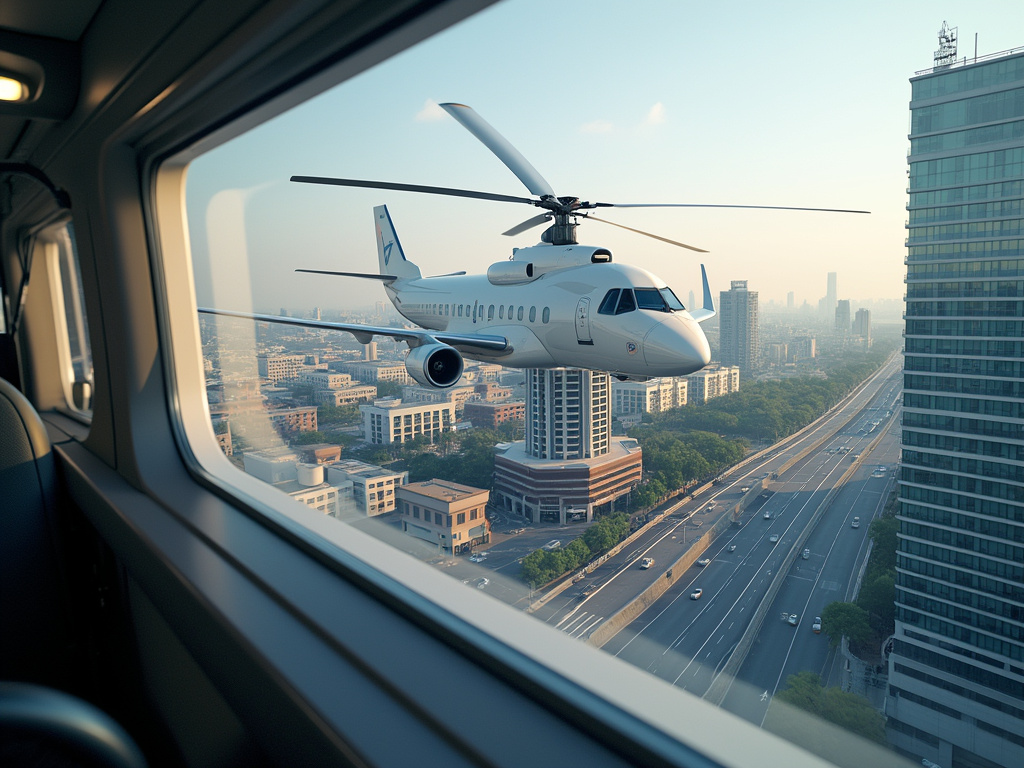Space tourism is rapidly evolving from science fiction to reality, with private companies leading the charge into the final frontier. As commercial space travel becomes more accessible, adventurous travelers are setting their sights on vacations that literally take them out of this world.
Key Takeaways:
- Space tourism offers recreational trips beyond Earth's atmosphere
- Suborbital, orbital, and lunar tourism options are in development
- Costs range from $50,000 to $100 million depending on the experience
- Space hotels and stratospheric journeys provide unique amenities
- Challenges include accessibility, regulations, and environmental concerns
The Final Frontier: Space Tourism Takes Off
Space tourism marks a new era in travel, defined as commercial activities that send private individuals to space for recreational purposes. This concept became a reality in April 2001 when Dennis Tito became the first space tourist, paving the way for a new industry.
Key players in this emerging market include SpaceX, Blue Origin, Virgin Galactic, and Space Adventures. These companies are driving innovation and competition, making space more accessible to civilians. The interest in space tourism is significant, with 38% of luxury travelers and 58% of those aged 16-34 expressing a desire to venture beyond Earth's atmosphere.
Blast Off: Types of Space Tourism and Their Costs
Space tourism offers various experiences, each with its own price tag:
- Suborbital flights: These short trips offer a few minutes of weightlessness and a view of Earth's curvature. Virgin Galactic's SpaceShipTwo and Blue Origin's New Shepard are examples of vehicles designed for these journeys.
- Orbital flights: For a more extended space experience, orbital flights often include stays at the International Space Station. These trips can cost between $20-40 million, with SpaceX's Crew Dragon charging $35,000 per day per astronaut.
- Lunar tourism: Space Adventures has proposed circumlunar missions, with a hefty price tag of $100 million per passenger.
For those looking for a more affordable option, World View offers stratospheric flights at $50,000 per seat, providing a taste of space without breaking the bank.
Out-of-This-World Experiences: Amenities and Activities
Space tourism isn't just about the destination; it's about the unique experiences and amenities offered:
- Stratospheric journeys by World View last 5-8 hours, reaching altitudes of 100,000 feet. These trips feature luxurious amenities and interactive tech features.
- Orbital experiences allow tourists to live like astronauts, sleeping in zero gravity and witnessing multiple sunrises and sunsets in a single day.
- Space hotels, like the proposed Aurora Station by Orion Span, aim to offer 12-day stays for $9.5 million, providing a truly out-of-this-world vacation.
Safety is a top priority in space tourism. World View, for example, uses helium-filled balloons, zero-pressure balloons, and a patented parafoil landing system to ensure a secure journey.
Challenges and Impact: The Future of Space Tourism
While space tourism holds exciting possibilities, it faces several challenges:
- High costs and accessibility issues limit the market to a select few
- Developing regulatory frameworks for safety and responsible use of space
- Environmental concerns, including rocket emissions and sustainability
Despite these hurdles, space tourism has the potential for significant economic and social impact. It's expected to create jobs, drive innovation, and inspire interest in STEM fields. As technology advances and competition increases, we can expect costs to decrease, making space tourism more accessible.
The industry is also working on addressing environmental concerns by developing greener propellants and more efficient rocket designs. As we look to the stars, space tourism promises to transform our perspective on Earth and our place in the universe, offering truly unforgettable vacations beyond our planet's atmosphere.
Sources: bnesim, World View, Evona, Passing Thru, The Future of Travel Beyond Earth, The Future of Space Tourism






